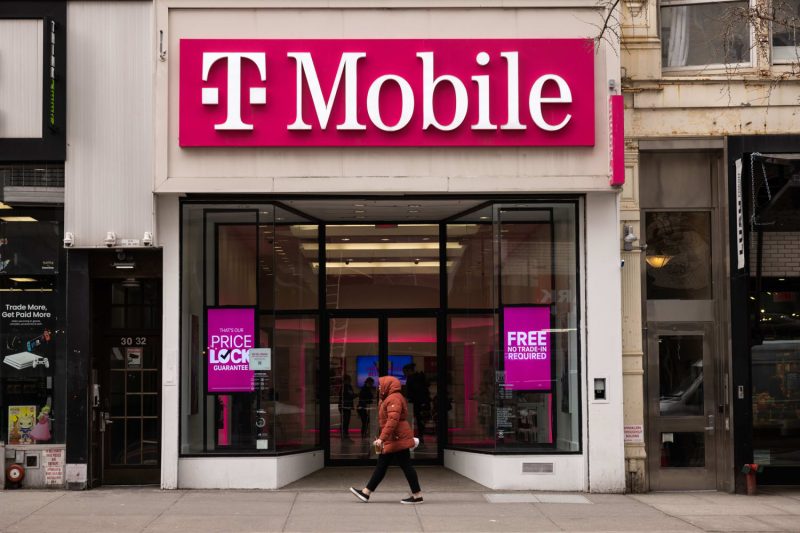In a significant move within the telecommunications industry, T-Mobile has recently announced its plans to acquire a significant portion of U.S. Cellular in a bold $4.4 billion deal. This acquisition marks a strategic decision by T-Mobile to strengthen its position in the competitive U.S. wireless market and expand its customer base. The deal, which includes acquiring licenses, network assets, and approximately 4.9 million customers from U.S. Cellular, is expected to bring about considerable changes and opportunities for both companies involved.
One of the key aspects of this acquisition is the transfer of wireless licenses and valuable spectrum from U.S. Cellular to T-Mobile. Spectrum is a critical asset in the wireless industry, enabling companies to provide faster and more reliable services to their customers. By acquiring these licenses, T-Mobile aims to enhance its network capacity and improve the quality of its services, ultimately benefiting its existing and new customers. This strategic move aligns with T-Mobile’s commitment to providing innovative wireless solutions and staying ahead in the competitive market.
Furthermore, the acquisition of approximately 4.9 million customers from U.S. Cellular significantly expands T-Mobile’s customer base and market reach. This influx of new customers provides T-Mobile with a unique opportunity to showcase its offerings and attract more subscribers. As a result, T-Mobile can capitalize on its expanded customer base to drive growth, increase its market share, and solidify its position as a key player in the U.S. wireless industry.
Moreover, the acquisition of network assets from U.S. Cellular allows T-Mobile to further enhance its infrastructure and improve its network coverage. A robust and reliable network is essential for providing high-quality services to customers and ensuring a seamless user experience. By integrating these network assets into its existing infrastructure, T-Mobile can strengthen its network capabilities, expand its coverage area, and deliver superior wireless services to its customers.
Additionally, the $4.4 billion deal between T-Mobile and U.S. Cellular underscores the dynamic nature of the telecommunications industry and the ongoing consolidation trend among wireless carriers. In a rapidly evolving market landscape, companies are seeking strategic partnerships and acquisitions to achieve growth, drive innovation, and enhance their competitive position. This acquisition reflects T-Mobile’s proactive approach to expanding its business, leveraging opportunities for growth, and adapting to the changing market conditions.
In conclusion, the acquisition of a significant portion of U.S. Cellular by T-Mobile in a $4.4 billion deal marks a pivotal moment for both companies and the U.S. wireless industry as a whole. With the transfer of licenses, network assets, and customers, T-Mobile aims to strengthen its position, enhance its network capabilities, and grow its customer base. This strategic move reflects T-Mobile’s commitment to innovation, growth, and providing exceptional wireless services to its customers. As the telecommunications landscape continues to evolve, T-Mobile’s acquisition of U.S. Cellular assets will likely have a lasting impact on the industry and pave the way for future developments and opportunities.


























